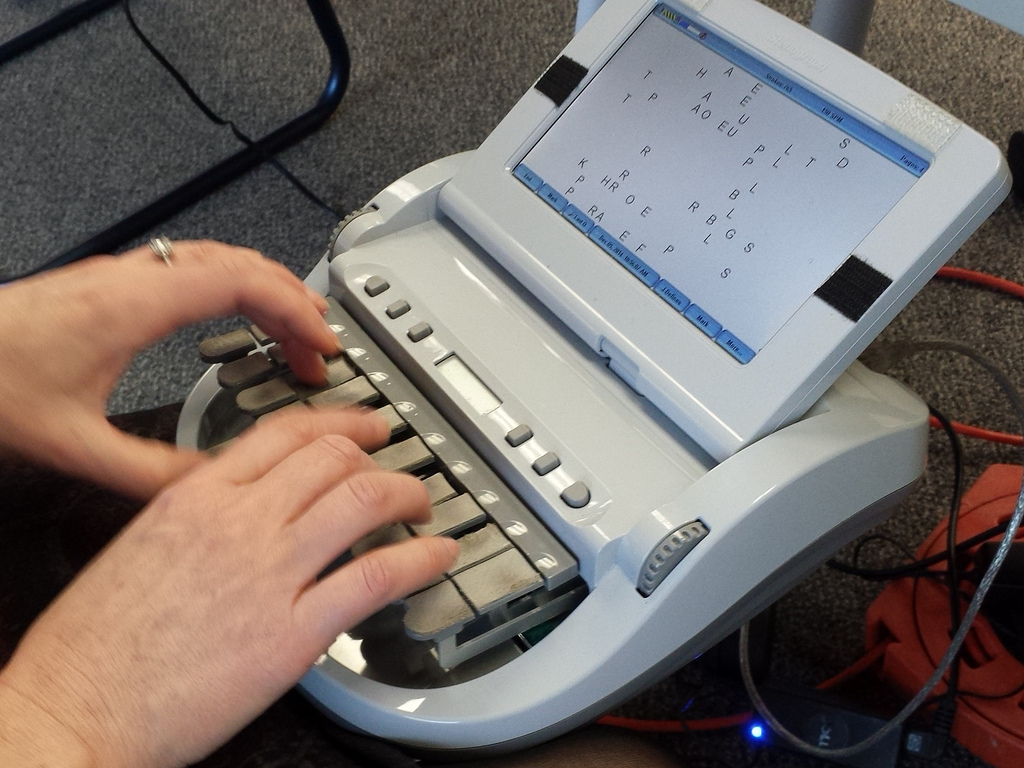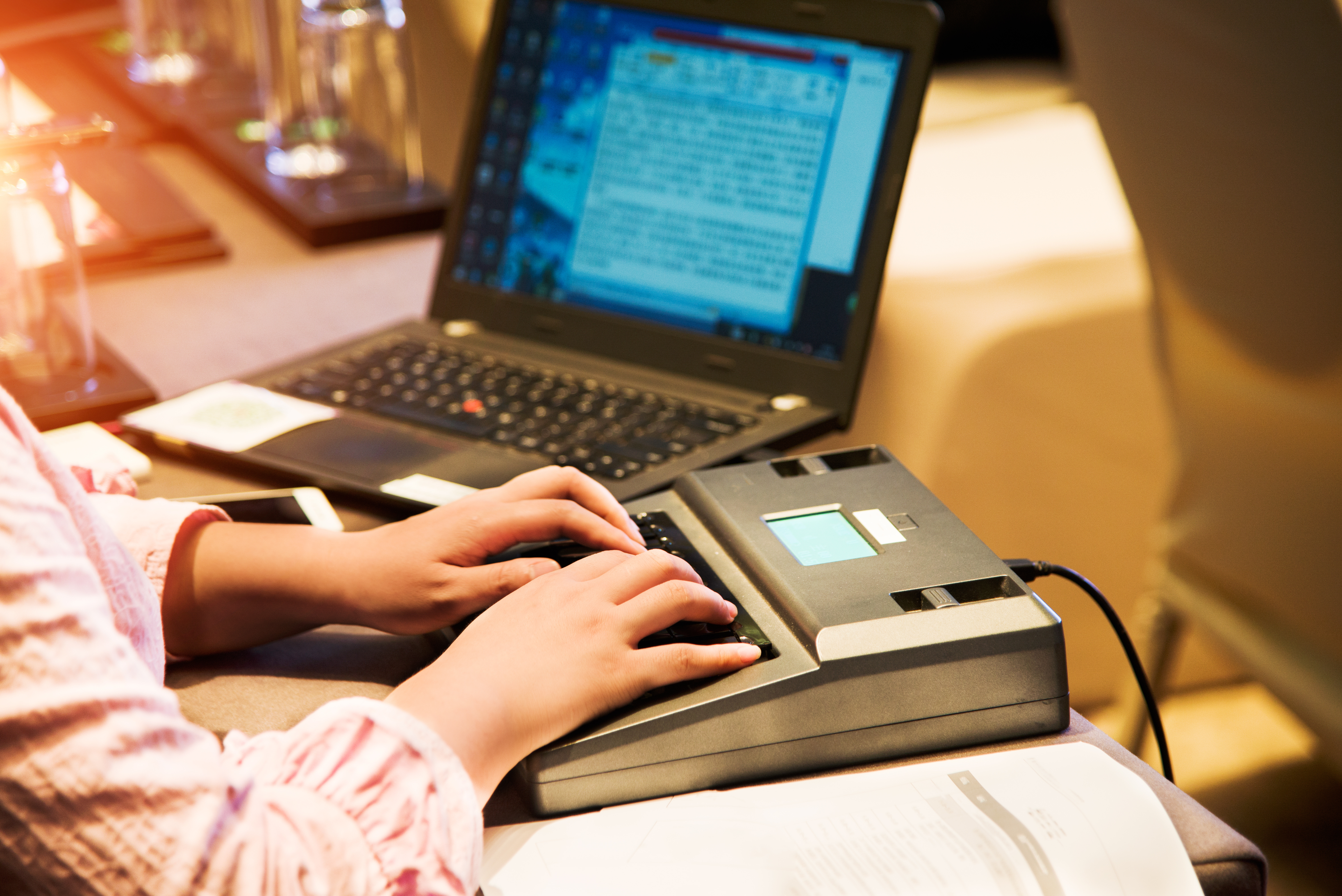 Due to the COVID-19 outbreak, CourtScribes, courtrooms, and frankly the whole court system has changed. The need for social distancing has become an important factor in getting things back to normal as quickly as possible. And the courtrooms are no different.
Due to the COVID-19 outbreak, CourtScribes, courtrooms, and frankly the whole court system has changed. The need for social distancing has become an important factor in getting things back to normal as quickly as possible. And the courtrooms are no different.
Society agreed that conducting trials while making use of remote court appearances and remote depositions is now the norm. The thing is, that many are not used to video conferencing (like Zoom) and maybe going to the net for tips. You’re in luck though, as CourtScribes is gonna provide a list of tips to conducting a successful remote deposition.
1 – Knowing the Web Conference Applications
You should always do a practice run of the software that you will be using during remote depositions. This will make it more comfortable to use and can access all system commands without issue.
2 – Don’t Interrupt Audio from Another Source
Remote depositions are always recorded for future use. It is important that all of the audio is transmitted correctly. If it is not done correctly, it will be too difficult to understand. Try not to speak over others to ensure that everything is recorded.
3 – Make Sure All Equipment is in Order
Having a stable internet connection might be the most important part of having a successful remote deposition. Make sure all systems are stable. You don’t want to have any issues with disconnections. Check that all audio devices are working and make sure that the microphone is picking up all audio correctly.
4 – Follow Normal Conducts for a Standard Deposition
Many people are working from home, and although you are comfortable in your home, with your familiar equipment, it’s important that you still represent yourself in a professional state of mind. Use all standard protocol procedures for conducting a normal deposition.
5 – Work in a Comfortable Space
When working, you just don’t need unexpected visitors popping in to interrupt your remote deposition. It is important to make sure that the area you are going to work in is free from any chances of interruption.
CourtScribes is who you need to provide you with everything you may require for a remote deposition.
Contact us today!


 When COVID-19 first forced workplace closures back in March of 2020, people across the country quickly found themselves working from their home office, dining room, table, couch, and other unique locations within their homes. Basically, it was anywhere they could find a quiet place to do their work. The legal industry, including professional court reporters like those at
When COVID-19 first forced workplace closures back in March of 2020, people across the country quickly found themselves working from their home office, dining room, table, couch, and other unique locations within their homes. Basically, it was anywhere they could find a quiet place to do their work. The legal industry, including professional court reporters like those at 